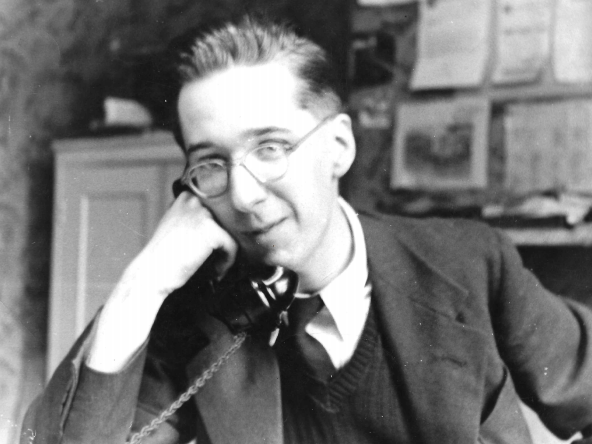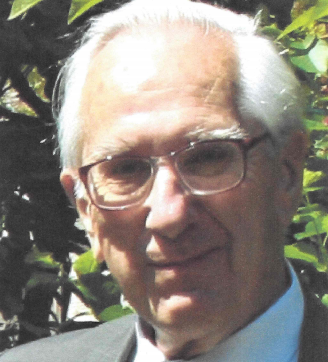
Former Sunday Times Magazine assistant editor and Sunday Times deputy managing editor William “Bill” Cater has died aged 95.
Cater’s career in journalism began when he was rejected by the forces during the war because of his poor eyesight and told to “go away and do something useful”.
He joined the South London Press as a reporter for ten years before breaking into Fleet Street on the News Chronicle as a holiday relief sub-editor.
At the time money was tight and he had an interview to attend so he bought a new rain mac on the grounds that he couldn’t afford a decent suit and they wouldn’t ask him to take his coat off at an interview.
Some hours later he called his wife. He got the holiday relief job and had started work so he had to take off the mac.
For nine months he worked for the local paper by day followed by a night shift in Fleet Street. Finally he could take no more of the 18-hour days and said so to the night editor who had assumed he was on the permanent payroll. The job was his – along with a good pay rise.
The News Chronicle was his kind of place so when the Daily Express called wanting to interview him he decided go along, but price himself out of the market. They offered him the job and the money he asked.
He talked to the editor of the News Chronicle hoping to be asked to stay but he told him to take the job. Three weeks later journalists turned up to work and found the doors locked and the Chronicle was no more. The editor had done him a big favour.
Cater joined the Daily Express as a sub-editor then, thanks to his skill in choosing the right words and making them fit in the era of unforgiving hot metal, became a front page “splash sub”.
But it was becoming a features writer that gave him most pleasure, whether writing about the new idea of having safety belts in cars (after visiting the laboratory testing the belts he went home and immediately ordered them for his car), or interviewing Eric and Julia Morley of Miss World fame and particularly JRR Tolkien.
It’s tough going to interview someone you know dislikes journalists, but Bill volunteered to meet JRR Tolkien to talk about hobbits and fairy tales because he had read and enjoyed the books already and wanted to meet the academic with the unfettered imagination. It became a friendship that lasted the rest of Tolkien’s life and beyond with his son and daughter.

Bill Cater
Bill joined the Sunday Times Magazine as an assistant editor in the time of Harold Evans when there was a standard of style and excitement not seen before. Photographers like Don McCullin and Anthony Armstrong-Jones – Princess Margaret’s husband Lord Snowdon – were kings in this era and Bill worked with Snowdon several times.
They travelled to Australia on assignment together while he also recommended Snowdon for a freelance job they both did for the Inchcape Group, travelling around the world writing the words and taking pictures for perhaps the most expansive – and expensive – corporate report then produced.
He moved to the Sunday Times Review section becoming first responsible for the women’s pages, which were being written for by a new writer called Jilly Cooper, then wrote the Atticus column and became the TV critic.
Bill wrote or edited a number of books, from a Ukrainian exile’s memoirs to the Irish Sweepstake phenomenon, while despite minimal building skills he co-authored the very profitable Sunday Times Book of Do It Yourself.
In 1978 he was asked by Sunday Times Magazine editor Godfrey Smith to go to Norwich museum to consider buying the rights to a series of diaries written by a Victorian butterfly collector. Out of several million words Cater produced two books, Love among the Butterflies and Late Loves and Butterflies, about the extraordinary life of Margaret Fountaine.
Towards the end of his career Cater was appointed deputy managing editor of the Sunday Times, bringing him into contact with staff expenses claims.
Many of them reflected the not always comfortable places that journalists and photographers went for their stories. He remembered “To: Champagne for cleaning teeth (water unsafe)” and his favourite “To: hat (eaten by a camel)”.
Cater married Joyce Simcock in 1947 after they met at evening classes which he took to catch up on his education, cut short at age 11 because of his poor eyesight. She survives him along with a son and two daughters.
Email pged@pressgazette.co.uk to point out mistakes, provide story tips or send in a letter for publication on our "Letters Page" blog
